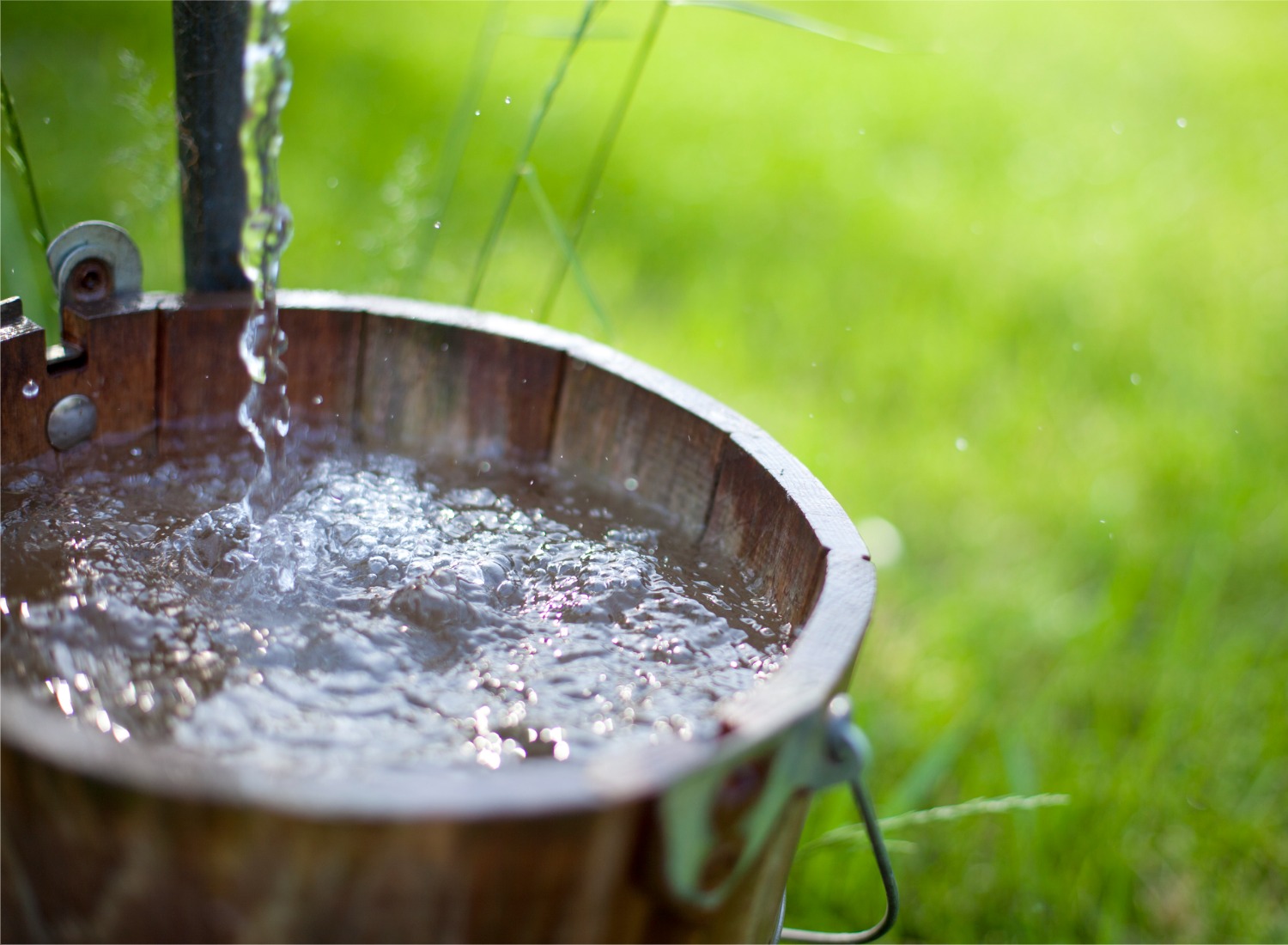Home Improvement 101: How Does Well Water Work?

For many homeowners, the switch from city water to well water is a leap into the world of self-sufficiency and environmental consciousness. Well water provides a reliable and often cost-effective source of clean, fresh water. However, understanding how well water systems work is crucial for maintaining water quality, ensuring your well’s longevity, and addressing potential issues.
In this comprehensive guide, we’ll explore the fundamentals of well water, including its source, installation, maintenance, and benefits. Whether you’re a well water novice or considering a well for your property, this blog will equip you with the knowledge to make informed decisions and optimize your water supply.
The Basics of Well Water
Well water, as the name suggests, comes from underground wells that tap into aquifers or underground water reservoirs. This water is typically extracted using a well pump and is then transported to your home for various domestic purposes. Let’s delve into the key aspects of how well-water systems work: Water Source and Aquifers Aquifers are water-bearing geological formations found beneath the Earth’s surface.
When a well gets drilled into an aquifer, it allows access to a continuous supply of groundwater. The quality and quantity of well water depend on the specific aquifer, which may vary by location. Some aquifers provide an abundant source of high-quality water, while others may contain minerals or contaminants that require treatment.
Well Drilling and Installation
The process of well drilling and installation involves drilling a hole into the ground until the driller reaches the aquifer. Once the well reaches the desired depth, a well casing gets inserted to prevent contamination from surface water and ensure the structural integrity of the well. The well pump is then installed to draw water from the aquifer and transport it to the surface.
Well Pumps
Well pumps are the heart of any well water system. These devices are responsible for extracting water from the well and delivering it to your home. Well pumps come in two primary types: submersible water pumps and jet pumps. Submersible pumps get submerged in the well, while jet pumps get installed above ground and use suction to draw water from the well. The choice of pump depends on factors such as well depth and water demand.
Water Storage and Pressure Tanks
To maintain a consistent and reliable water supply, well water systems often incorporate storage tanks and pressure tanks. The storage tank stores water from the well, while the pressure tank helps regulate water pressure within your plumbing system. Together, they ensure that you have access to water whenever you need it.
Maintenance and Water Quality
Maintaining a well water system is essential for preserving water quality and the longevity of your well. Here are some key considerations: Regular Testing Regular water testing is crucial to monitor the quality of your well water. Testing can reveal potential contaminants, such as bacteria, nitrates, or heavy metals, which may require treatment to make the water safe for consumption.
Well Inspections
Your well should be inspected periodically to check for any structural issues, such as corrosion or damage to the casing. It’s also an opportunity to ensure that the well pump and associated components are functioning correctly.
Water Treatment
Installed water treatment systems, such as water softeners, filters, and chlorination systems, help to address specific water quality concerns. For example, a water softener can reduce hardness caused by high mineral content, while a filter can remove sediment and contaminants.
Benefits of Well Water
Well water offers several advantages to homeowners. First, it often results in cost savings since there are no monthly water bills once the initial installation is complete, with ongoing costs limited to maintenance and occasional water treatment. Additionally, it provides environmental benefits by reducing the demand on municipal water supplies and eliminating the need for treatment chemicals, making it an eco-friendly choice.
Well-water systems also offer homeowners greater control over water quality, as they can select and install water treatment systems that align with their specific needs and preferences. Furthermore, well water is well-known for its reliability, typically available 24/7, even during power outages, thanks to backup generators powering the well pump, a feature that can be particularly advantageous in rural areas.
Final Thoughts
Understanding how well water works and the components involved is vital for homeowners who rely on well water systems. Whether you’re considering installing a well or already have one in place, regular maintenance, water testing, and water treatment are key to ensuring a safe and reliable water supply. Well water offers cost savings, environmental benefits, and the ability to customize your water quality, making it a valuable resource for those who embrace the self-sufficiency of well water systems.